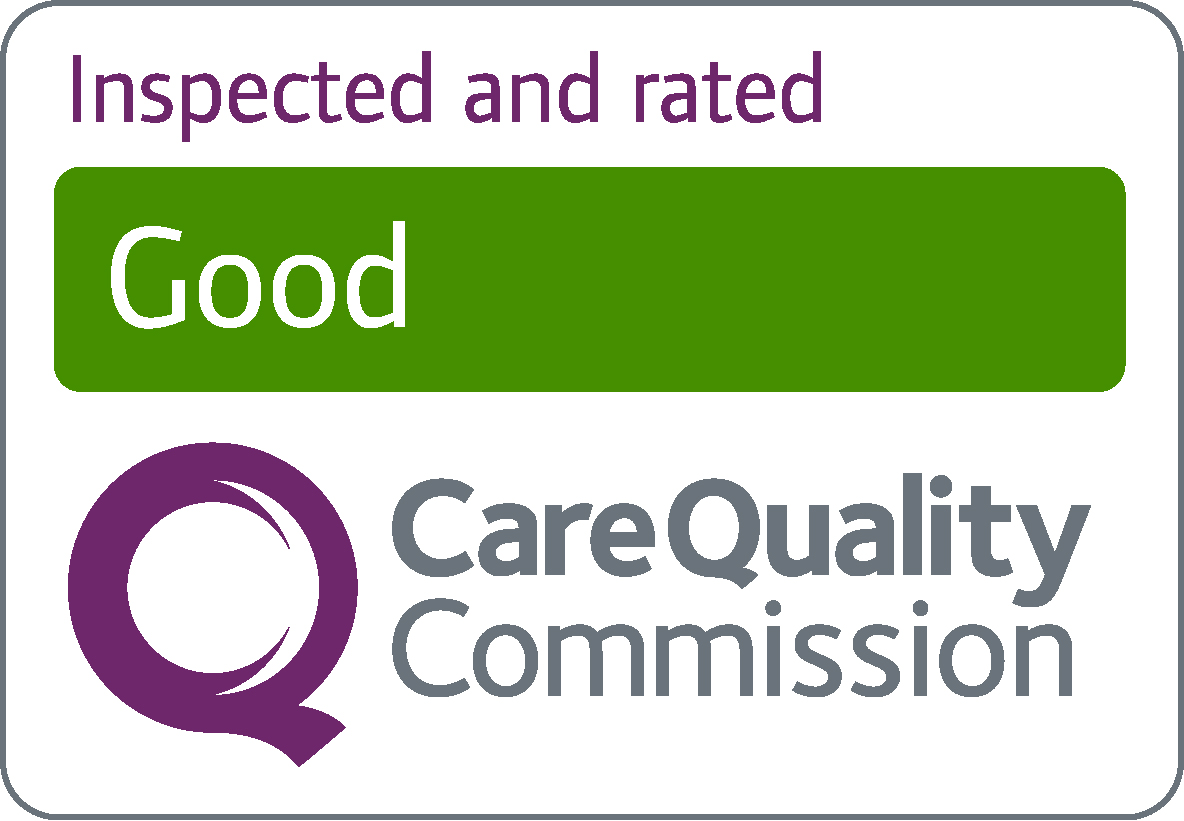Downing Street date for Consultant Nurse
Date of release: 14 February 2024
A leading Wolverhampton epilepsy Nurse was invited to Downing Street to showcase a new national partnership.

Phil at 10 Downing Street
Phil Tittensor, Consultant Nurse for the Epilepsies at The Royal Wolverhampton NHS Trust (RWT), represented Nursing as part of the UK Epilepsy Priority Setting Partnership (PSP).
He is one of the most active Epilepsy Research Nurses in the UK and is Chair of the Epilepsy Nurses Association (ESNA).
Phil attended a buffet and drinks reception at Number 10 with George Freeman, the recent Minister of State in the Department for Science, Innovation and Technology. Julia Cumberlege, The Baroness Cumberlege CBE DL, a member of the House of Lords, was also key to the event and gave a short talk.
She wrote The Baroness Cumberlege Report which first recommended Community Nurses prescribe from a restricted list of drugs and applications.
The PSP is a once-in-a-generation national consensus which collated and ranked the research priorities of the UK’s epilepsy community – epilepsy patients, their families, friends and carers, those bereaved by epilepsy, clinicians and health and social care professionals.
Funded and led by the Epilepsy Research Institute, the PSP sets the research landscape for the condition over the next 10 years in the UK and will have global influence.
The ESNA has affiliation with the Institute, as well as a long-standing association with its predecessor, Epilepsy Research UK.
The information gathered helped identify and prioritise areas of healthcare that can be improved by research, to result in higher quality studies and increased investment in research into epilepsy.
“I was proud and delighted to attend,” said Phil, who is based at Cannock Chase Hospital (CCH), part of RWT.
“The scope of the UK Epilepsy PSP was to look at causes, including prevention and co-morbidities, diagnosis – with access to health services – and treatment, to include anti-epileptic drugs, surgery, side effects, co-morbidities (including those as a consequence of treatment), and epilepsy that does not respond to treatment.
“It also included clinical management of epilepsy, including risk of epilepsy-related deaths (including Sudden Unexpected Death in Epilepsy – SUDEP), service access, neuro development, co-morbidities, social and psychological factors, and emerging areas such as epilepsy in older people.”
The role of new technologies – specifically artificial intelligence and machine learning – is also a top 10 priority, and is Phil’s specific research interest. He leads several trials that are either planned or underway.
“The dissemination of research breakthroughs to influence epilepsy care, practice and policy, including medical education and pathways to improved care, was also part of the scope,” added Phil. “This work underpinned setting up the Institute.”
The PSP has 10 priorities for epilepsy research, following an 18-month long nationwide engagement programme involving patient groups, people affected by epilepsy and healthcare professionals. They can be found on the Epilepsy Research Institute UK website
ENDS
- For further information, please call Tim Nash on 07714 741097 or email tim.nash2@nhs.net

